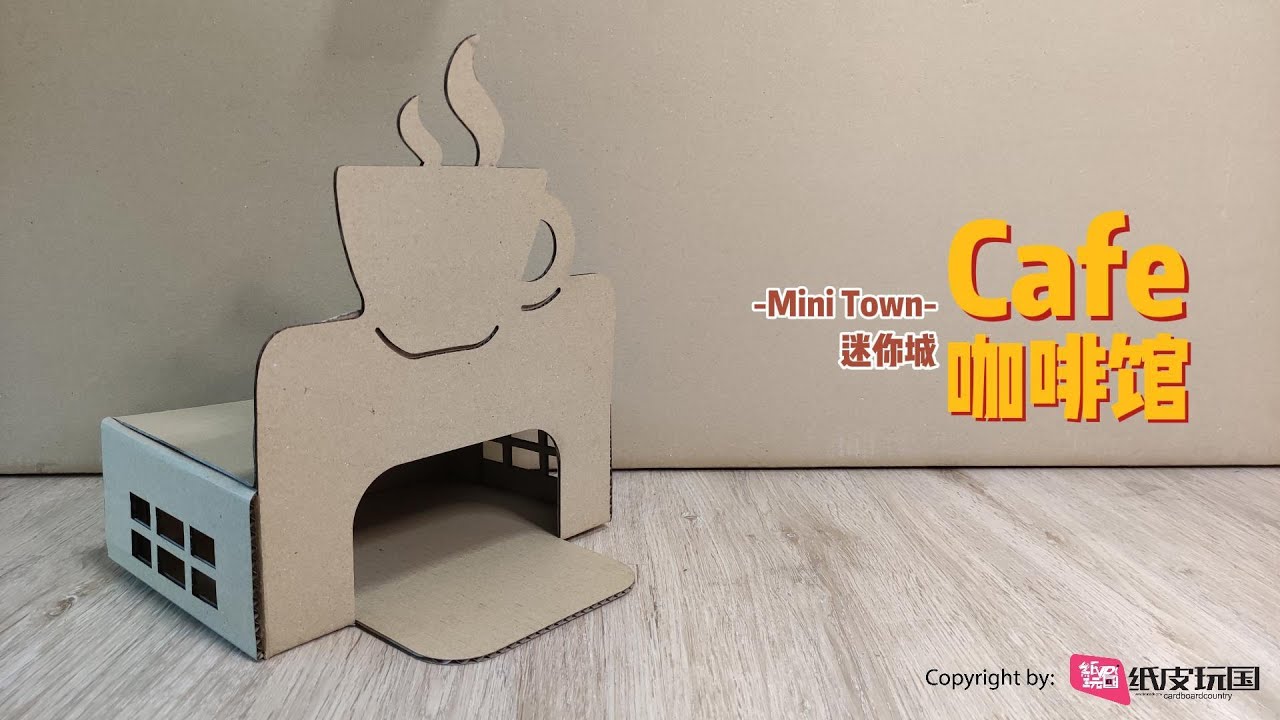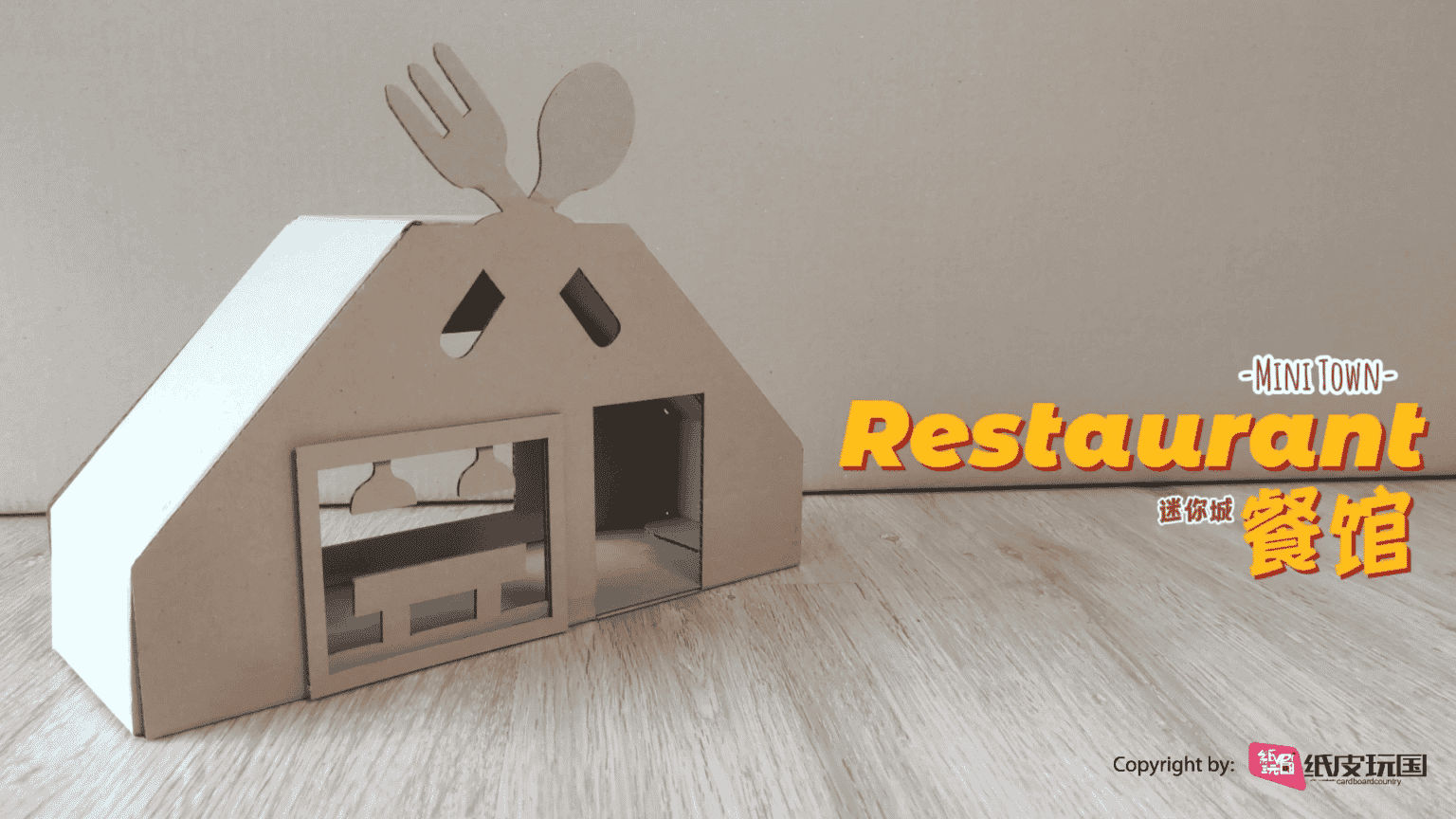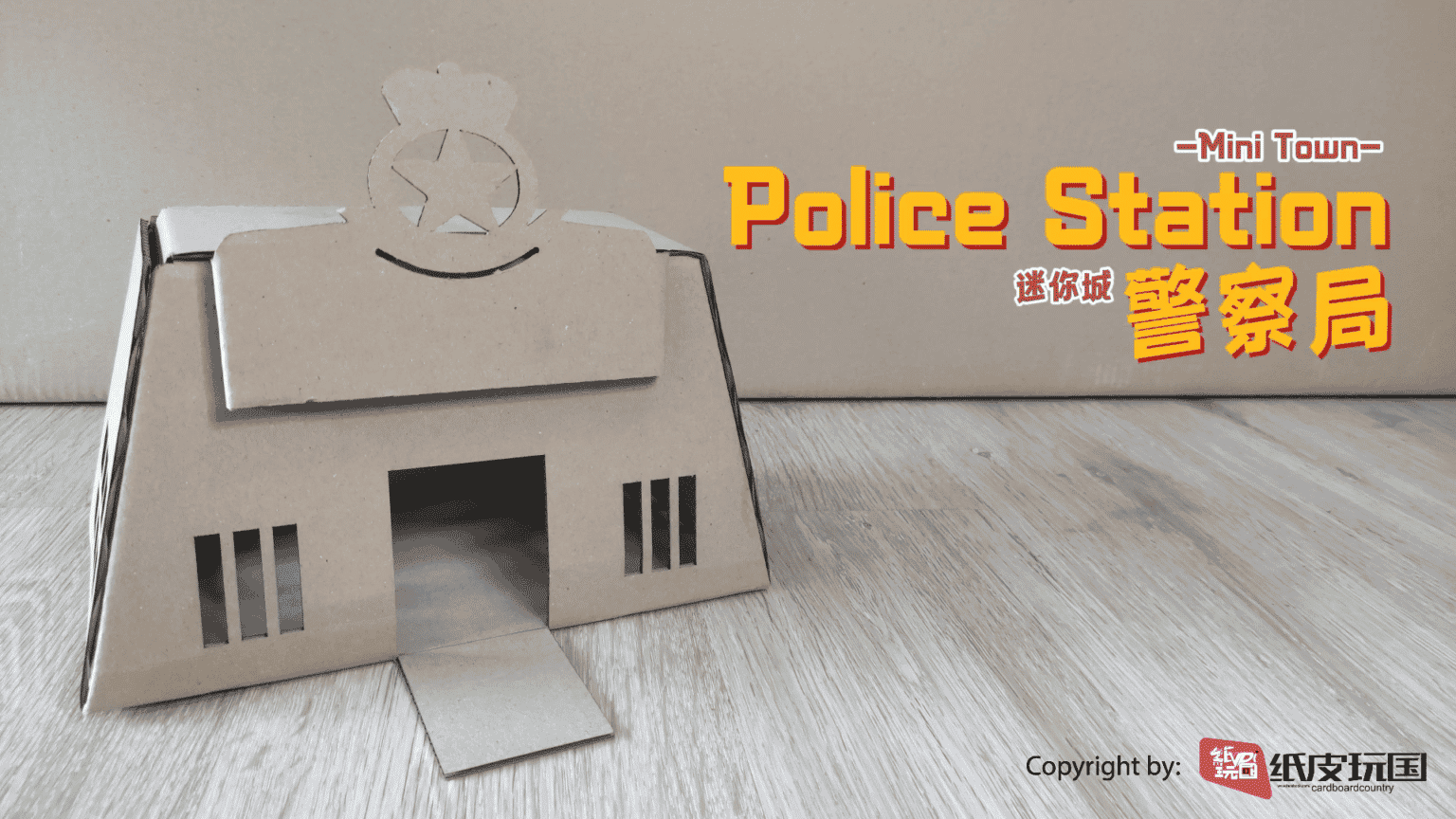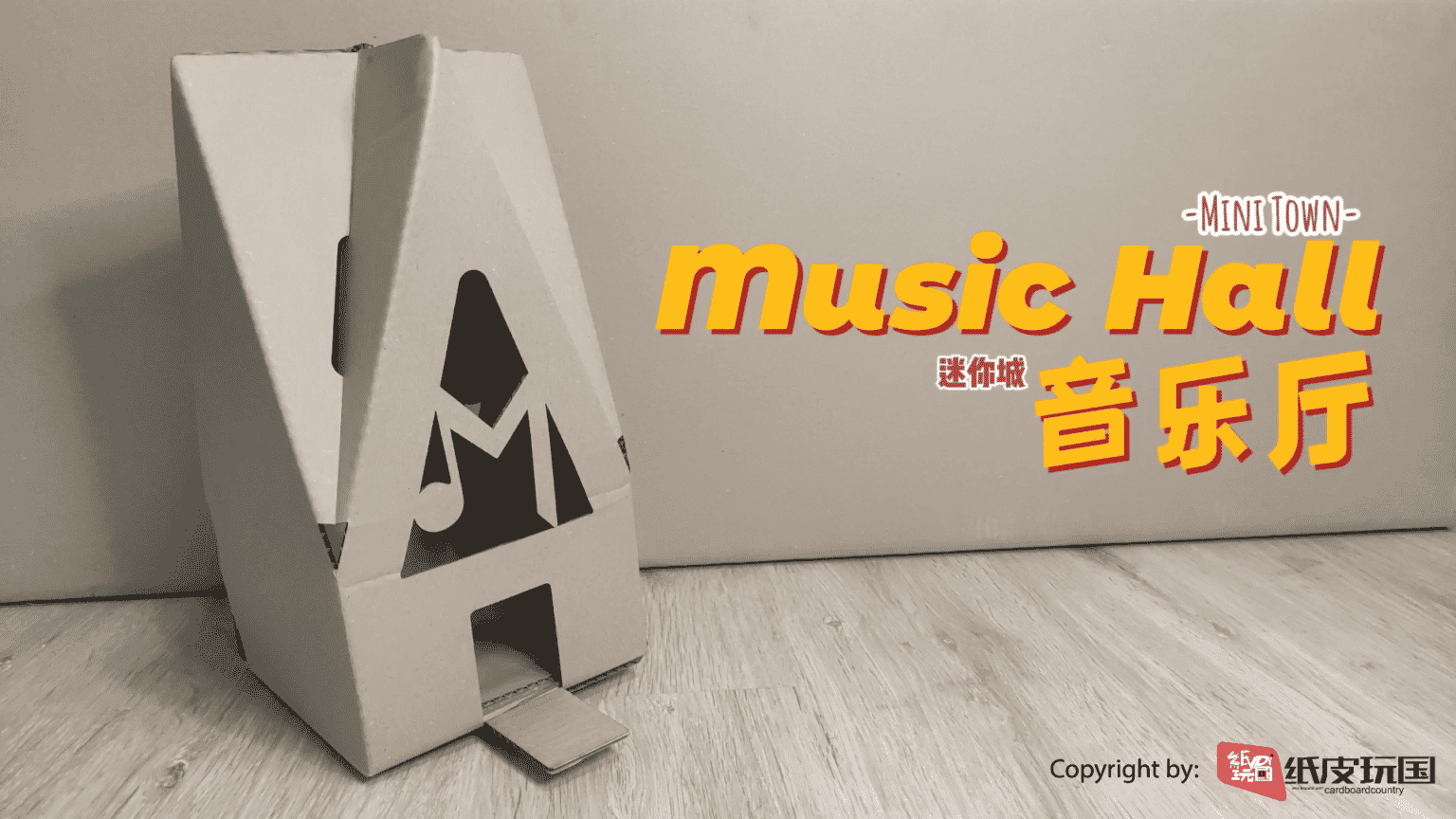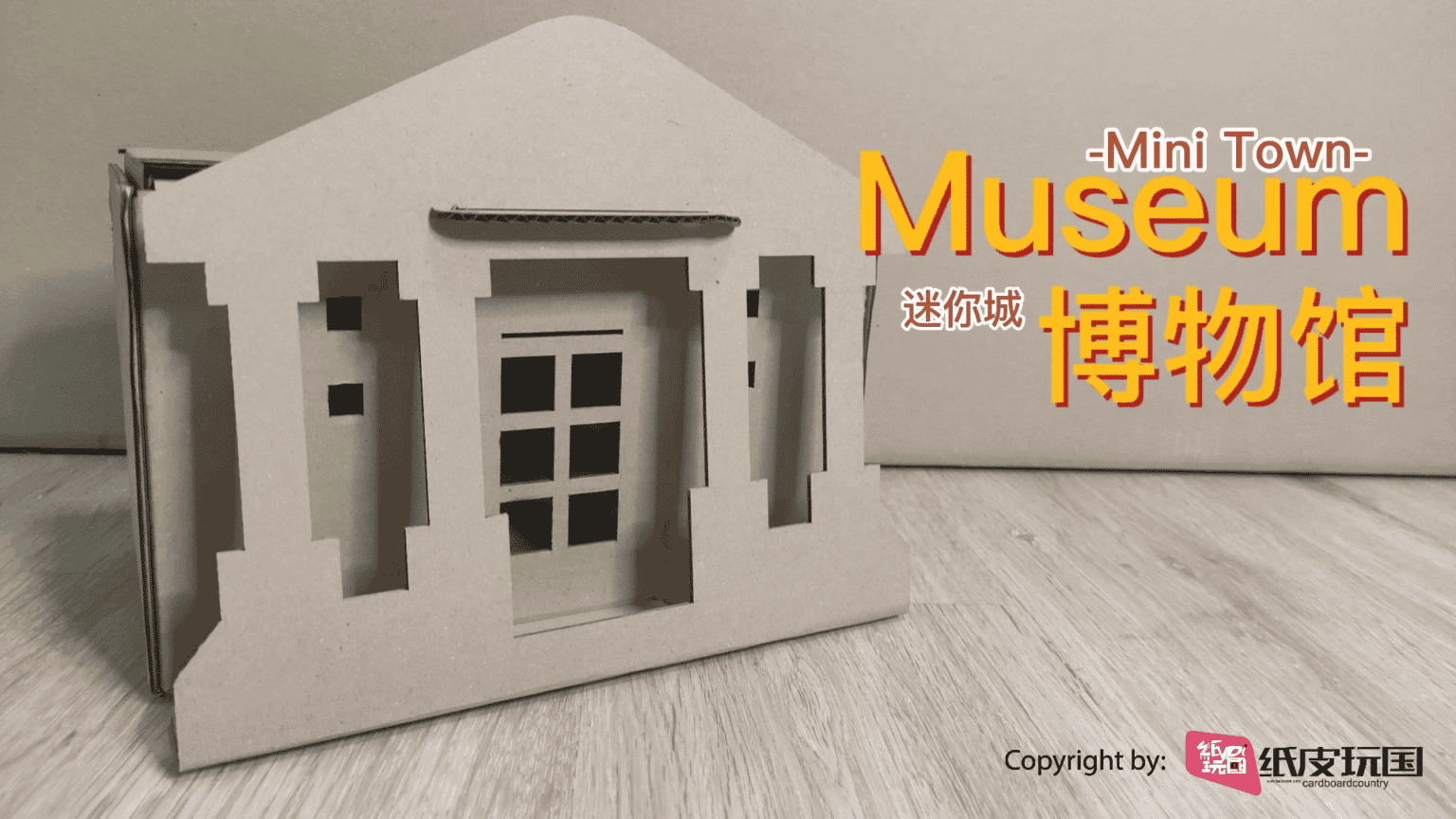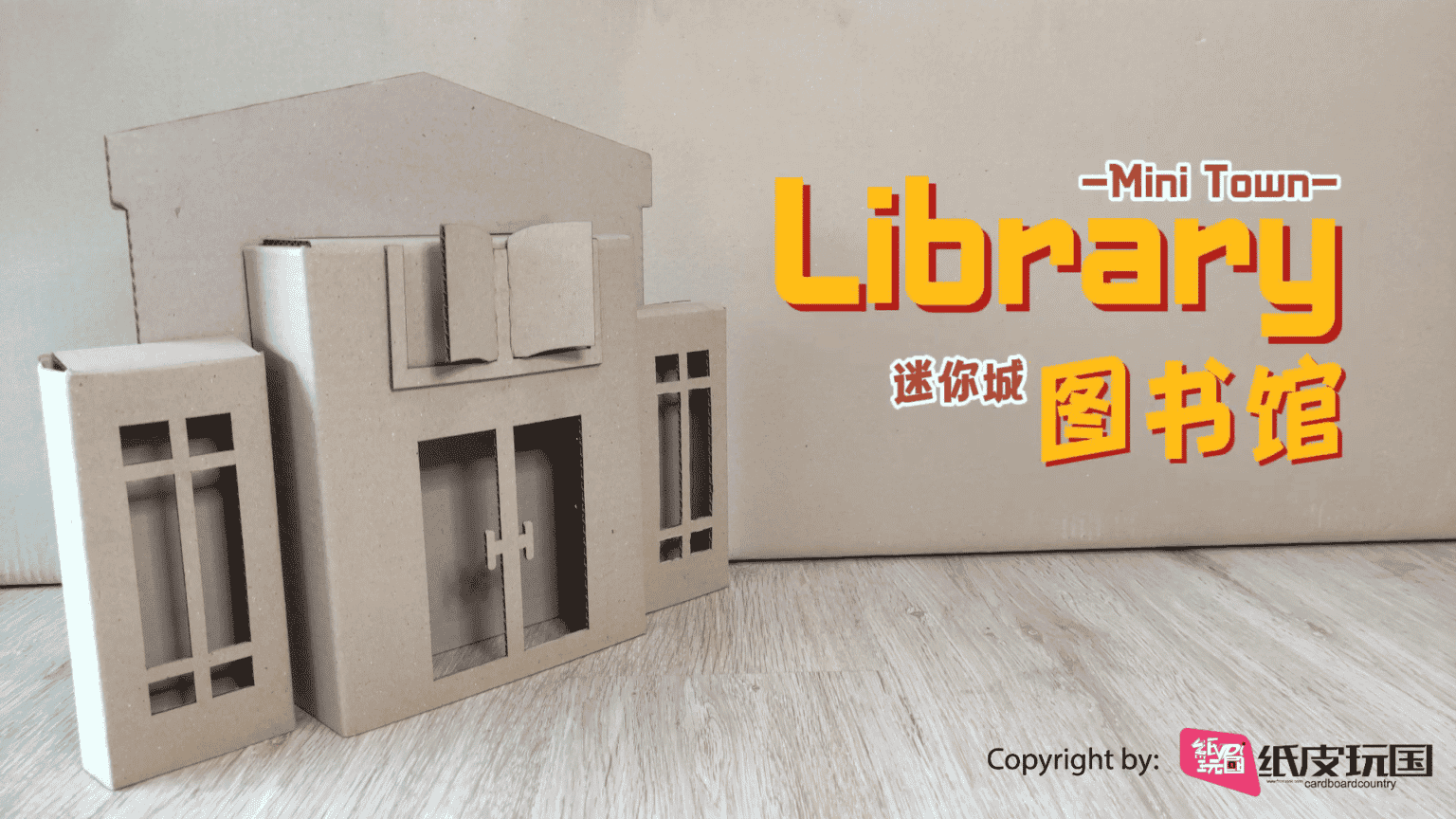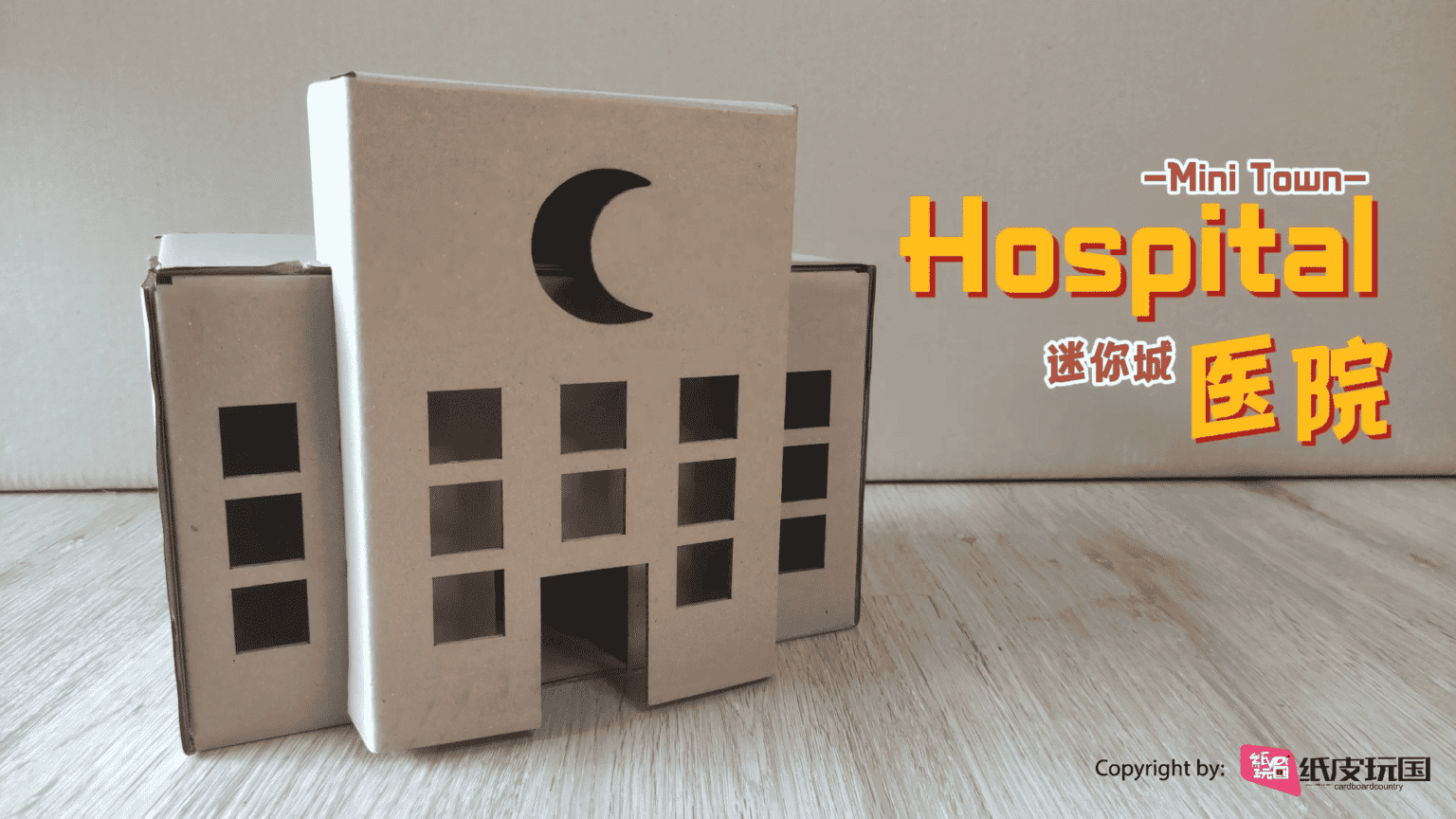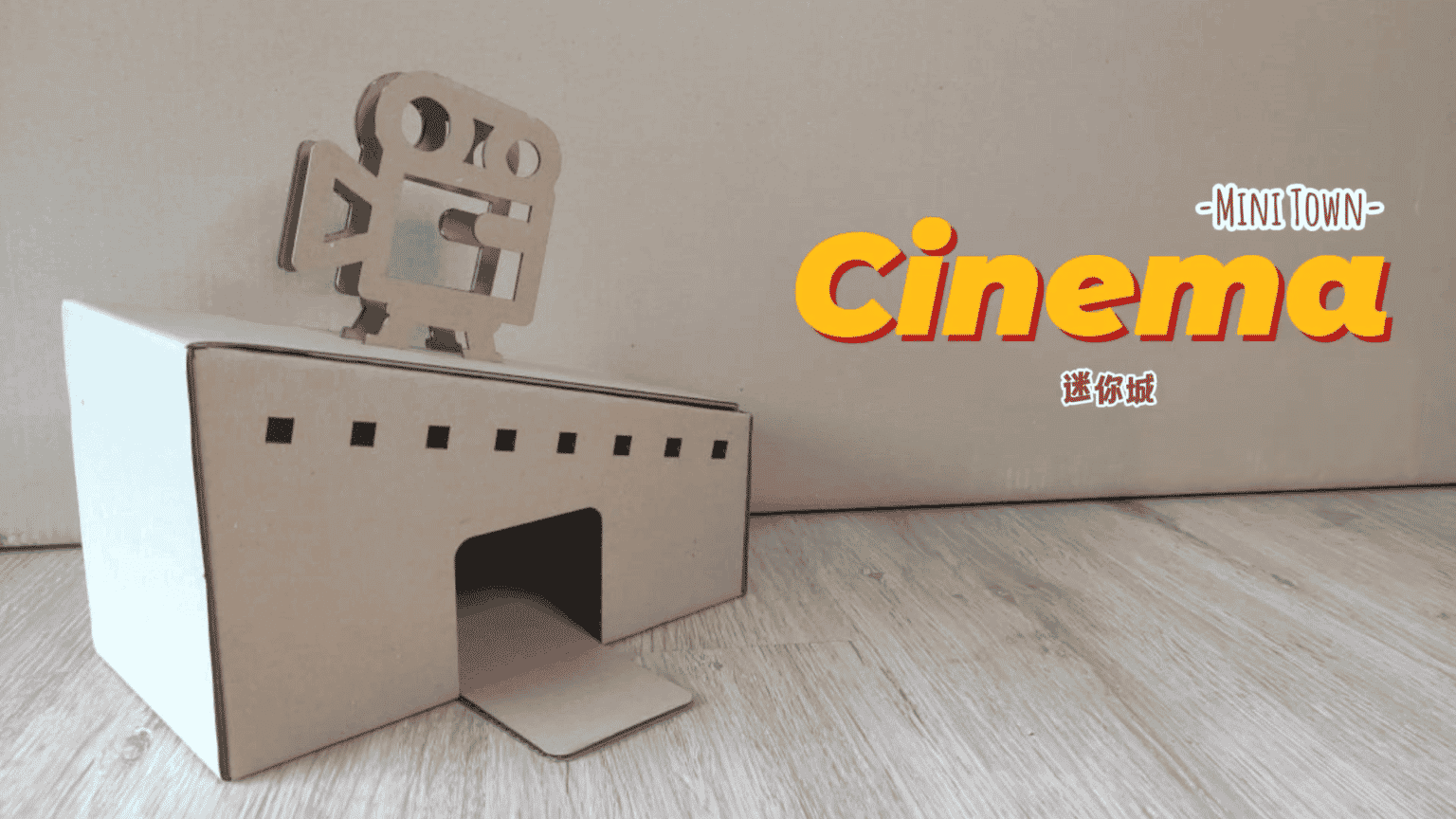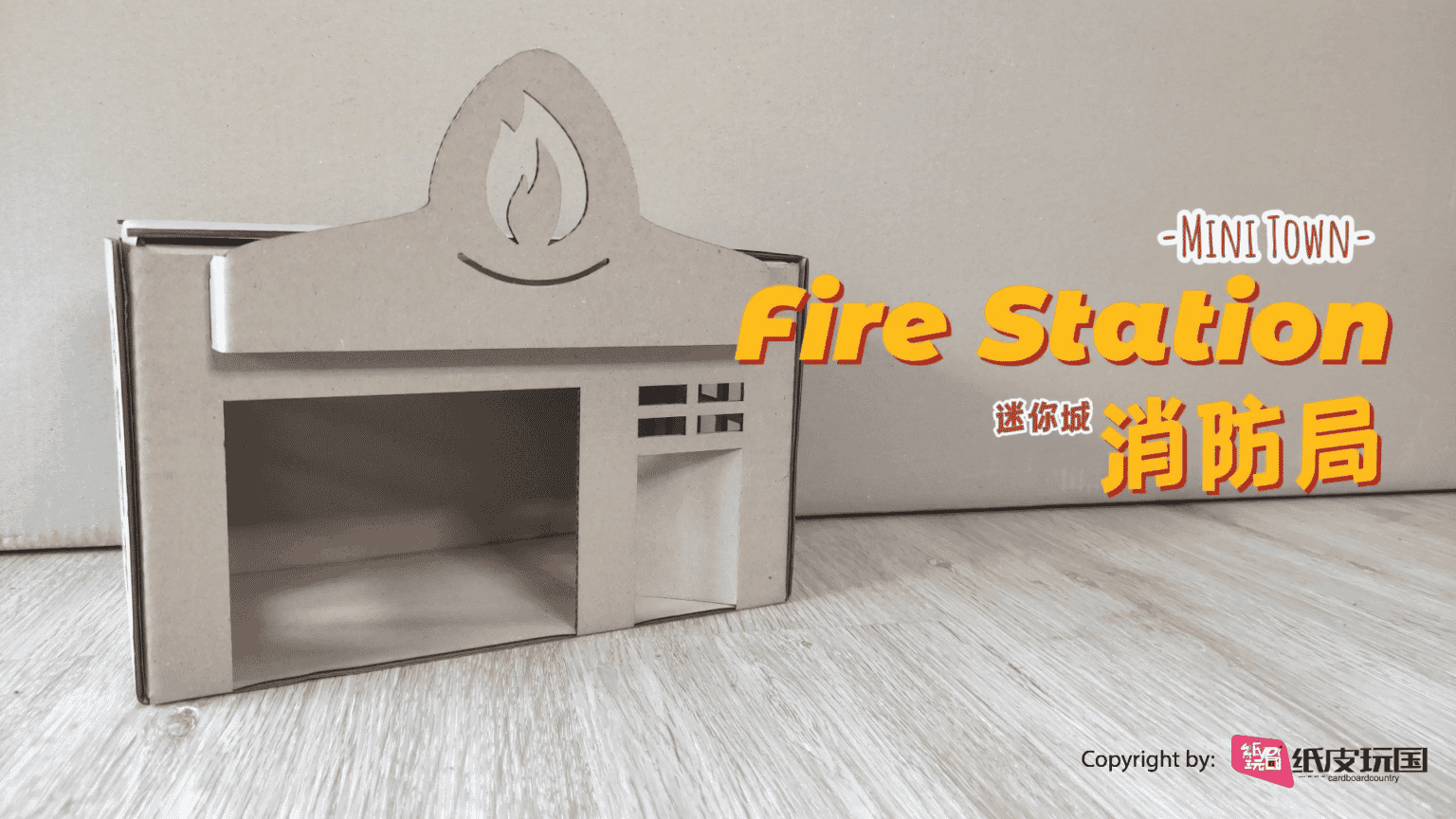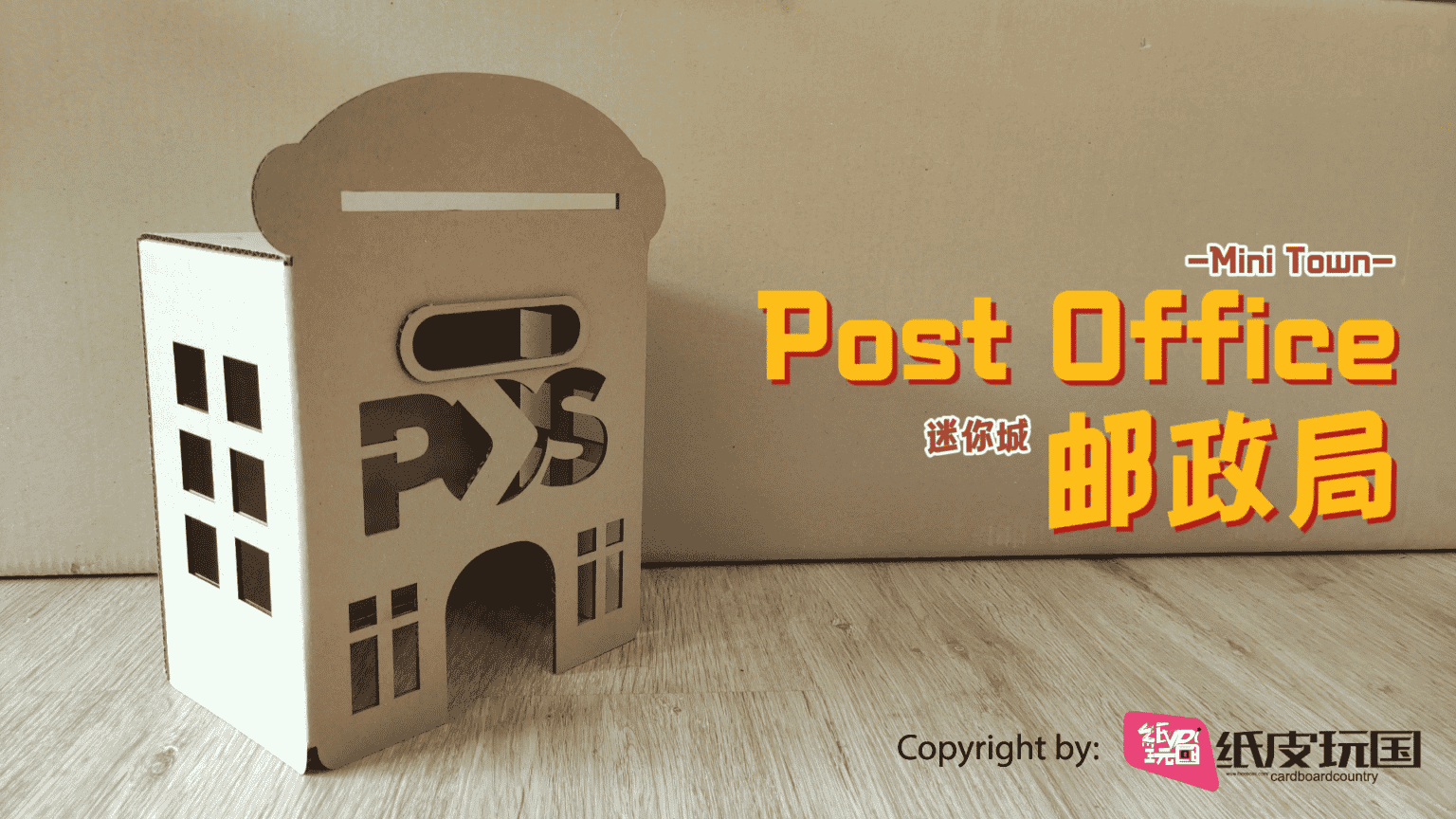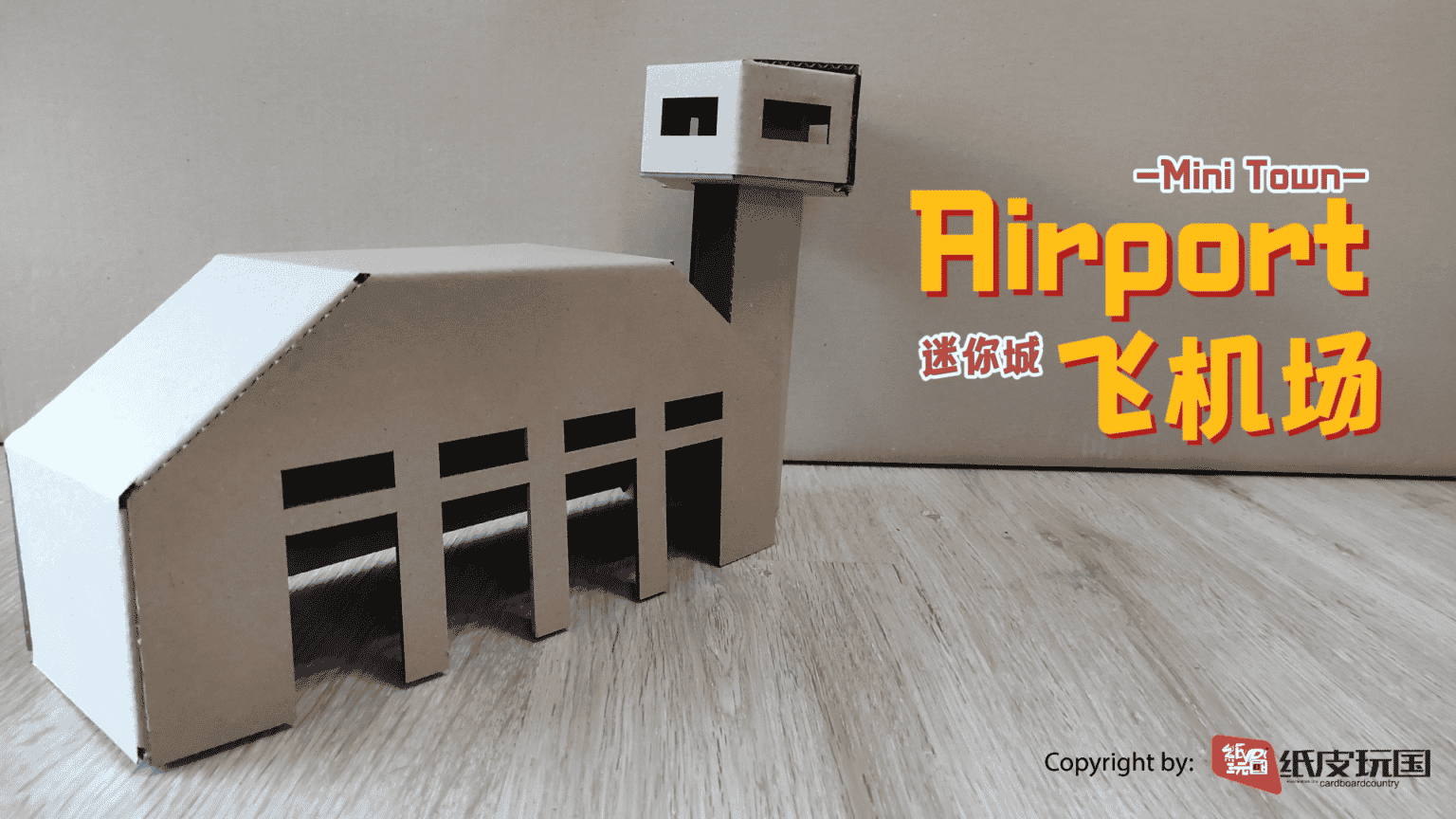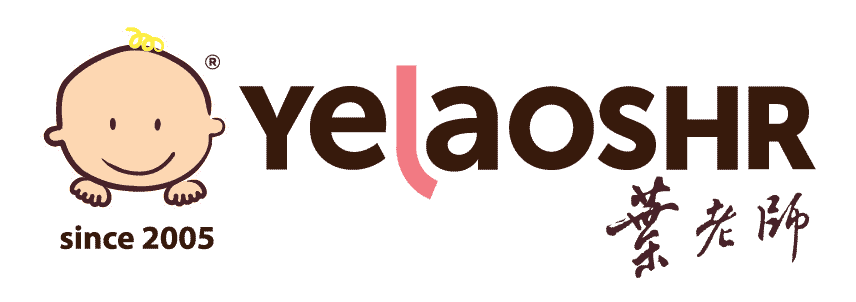Preschool Curriculum Malaysia | Developing Your child's skills



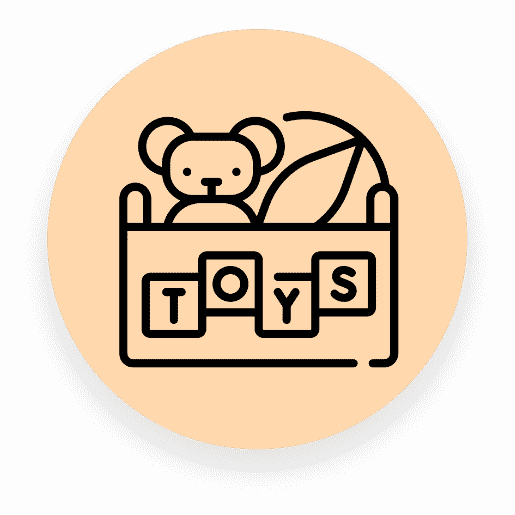
Small Class
System
“Finnish-style” Education Model
Student-centred
Nice Environment And Safe For Children
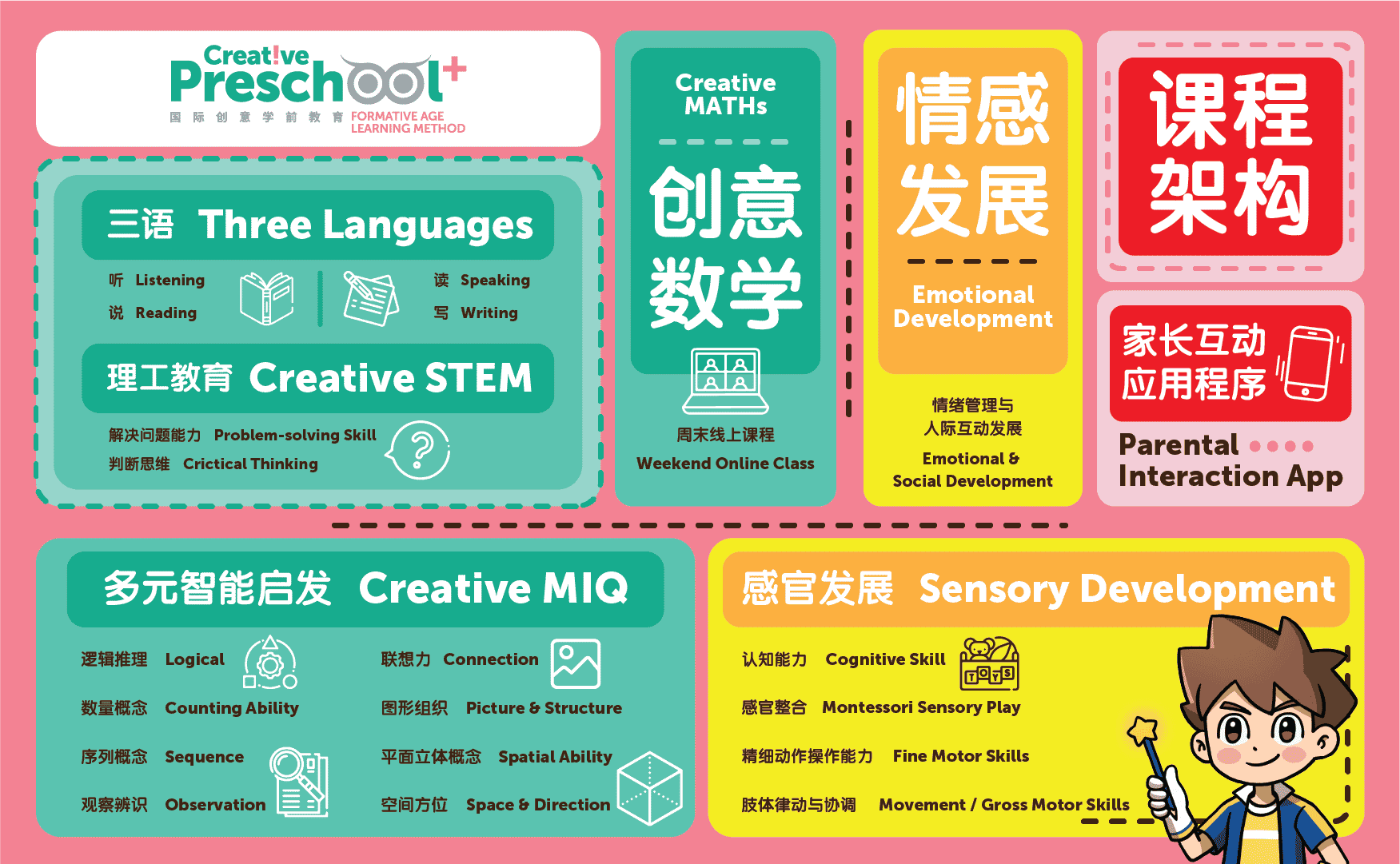
What is Preschool Learning and why is it Important for Children?
Sending your child to school for the first time can be difficult, especially if they are only 3 or 4 years old. Giving your child a good preschool education, on the other hand, will set them up for greater success in all aspects of life.
Children develop a strong foundation in social, pre-academic, and general life skills in preschool, which will help them succeed in school and beyond. Preschool graduates had better academic preparation, reduced imprisonment rates, and greater wages, according to research.
Preschool is an experience that a kid has throughout their early years of growth, as the name implies. It is an early childhood programme that combines learning and play and is led by highly educated individuals.
Preschool education is important because it aids in a child’s emotional, social, and personal development. When a 3-year-old is given the opportunity to interact with people other than his or her parents, he or she learns to form trustworthy connections with them. Preschool is a child’s first experience in a structured setting, where they learn the value of sharing and the significance of learning new things, both of which promote personal growth.
Although a kid learns to speak at home, continual interaction and exposure with children of the same age group and teachers at a preschool helps them to improve their communication abilities. It entails converting mental representations to languages in order to convert thoughts and knowledge into information. Role plays, read aloud sessions, and stories provide opportunities for children to expand their vocabulary and improve their language abilities.
Children cannot gain cognitive, behavioral, or social skills at home without a good early childhood education. Preschool education is therefore critical for developing learning readiness and immersing children in inquiry-based learning.
Developing a Child's Skills With Our Creative Preschool Curriculum
Preschool allows your child to widen and develop basic abilities, preparing them for a lifetime of learning and empowering them to make meaningful contributions to the world around them.
Physical Development
Your child’s physical development includes how she moves her arms and legs which are large motor skills as well as her fingers and hands which are small motor skills. We assist students in learning these abilities by providing a variety of physical activities and equipment. Children are encouraged to run, jump, climb, toss, and catch. They investigate items such as paints, playdough, puzzles, sand, and writing implements using their hands. Children develop strong bones and muscles by moving their bodies both inside and outside.
Social Development
Your child’s social development will assist him or her get along with others. We engage with students to teach them how to respect others and collaborate. Children improve their social skills, linguistic abilities, and self-control through playing and studying together. Children learn to settle problems that arise during play with the help of their instructors.
Emotional development
Emotional development allows your youngster to grasp his own and others’ feelings. We assist students in recognising and managing their own emotions and behaviors. They also educate kids to be concerned about others. Teachers encourage your child to attempt new things and persevere in difficult tasks in order to boost his self-esteem.
Language and literacy development
Through listening, talking, reading, and writing, language and literacy development helps your kid comprehend and communicate. These abilities are all linked. We assist your kid in learning new ideas by assisting his/her in developing his/her communication skills.
Thinking Skills Development
As children learn to think more complexly, make decisions, and solve issues, their cognitive skills grow. Young children’s cognitive skills increase as they explore, ask questions, and create. Your youngster will have a better understanding of the world around him by reflecting on and applying facts. The manner in which youngsters approach learning is also a significant aspect of their reasoning abilities. For example, being able to focus or deal with irritation makes it easier for him to study.
We assist children in developing their critical thinking abilities by
● Providing engaging materials and ample time to investigate them
● Making recommendations for more complicated play and thinking
● Posing thought-provoking questions to your youngster
Self-Control and Focus
Schedules, habits, and routines are beneficial to children because they provide a sense of stability while also we teaching them self-control and attention. Discuss what to expect each day with your youngster. Organize your house so that your youngster understands where to place his or her shoes, jackets, and other personal items. We live in a noisy, distractible environment, so quiet activities like reading a book, participating in sensory activities, or working on a puzzle with your kid can help them calm down and focus.
Communication
Every day, children require high-touch human interactions in order to develop healthy social-emotional abilities, such as the capacity to comprehend and communicate with others. Children must learn to “read” social signs and listen carefully, regardless of how quickly they develop these abilities. They must examine what they want to say and how to say it most effectively. Simply conversing with an interested adult can aid in the development of these abilities. Every day, devote uninterrupted time to listening to and reacting to your youngster.
Critical Thinking
We live in a complicated world where individuals are constantly forced to examine data and make judgments about a variety of issues. Rich, open-ended play is one of the finest methods to develop critical thinking. Ensure that your youngster gets time to play alone or with friends each day. Playing pretend like firefighters or super heroes, constructing constructions, playing board games, or playing outside physical activities like tag or hide-and-seek are all examples of this type of play. Children develop critical thinking skills through forming hypotheses, taking risks, trying out their ideas, making mistakes, and finding answers via play.
Engaged, self-directed learning
A toddler who enjoys learning grows up to be an adult who is rarely bored. Limit television viewing and we promote plenty of reading, play, and open-ended inquiry to foster a love of learning. Visit the library together, have art items on hand, play games, and allow for some messes at home to model curiosity and excitement for learning in your own life.
Taking on Challenges
The ability to take on difficulties, bounce back from failure, and keep trying is one of the most significant skills we can develop in life. When we establish an atmosphere with just the right amount of structure,
Yelaoshr Preschool Curriculum Subjects
We focus on all aspects of learning in high-quality preschools. We pay attention to what interests youngsters and create themes or projects that help them broaden their knowledge and abilities in several areas. When children can draw connections across many content areas, they have a better comprehension of the subject. When your child and a friend make a paper box feeder, for example, they use math and science to measure and combine materials to make the feeder stable, language to describe their ideas and decide how to solve the problem, and reading (with the help of an adult) to learn what kind of seed different birds prefer. This type of integrated, deeper learning helps youngsters prepare for kindergarten.
Listening and speaking (language).
When your preschooler has many opportunities to listen to and communicate with others, his or her language abilities will grow. We chat with kids while they play, in groups, and one-on-one throughout the day. We encourage kids to share their knowledge, opinions, and feelings with one another.
We help your children improve their linguistic skills by
● Introducing new words and ideas via your child’s hobbies
● By contributing to what your child says in conversation, we might encourage him/her to
use longer, more descriptive phrases.
● Asking open-ended questions that demand more than a yes-or-no response
● Using a diverse vocabulary words that are odd or challenging for youngsters
● Labeling shelves and bins in English, Malay and Chinese.
Reading
The majority of preschoolers learn what reading is for and what rhyming sounds are. They discuss and listen to stories. Many toddlers are able to read their own names as well as a few simple words.
We assist kids in acquiring early reading skills by
● Discussing the story’s characters, location, and narrative, as well as relating stories to current events at school or at home
● Providing things for children to play with that promote or demonstrate writing
● Assisting youngsters in hearing the variations in sounds and comprehending that letters represent sounds
● Reading books with interesting language, singing songs, and playing rhyming games
● Highlighting letters and words in books and other materials
● Learning the alphabet with children.
Writing
Scribbles create shapes that resemble letters as children’s writing progresses. Their forms gradually resemble genuine letters, and they compose words using their own spelling.
We help youngsters strengthen their writing skills by
● Providing youngsters with a variety of paper and writing materials, such as crayons, markers, and pencil
● Encouraging kids to write as part of their regular routine
● Showing youngsters how to write by recording their comments on their projects or a tale they make up.
● Encourage youngsters to spell words using what they hear and the letters and sounds they are familiar with.
Math
Children practice arithmetic principles that they will use in the future. For example, at the makerspace, your child sorts materials into things he can construct with and things he can decorate with (classifying). While creating art, he experiments with forms and textures (comparing, understanding attributes). He claps out a song’s rhythms (counting).
We promote math education by
● Providing materials for counting, sorting, comparing, and making patterns, such as blocks, buttons, and acorns
● When youngsters are playing, snacking, or exploring outside, talk about math and point out numbers.
● Inquiring about what your kid saw or how she addressed a difficulty
● Encourage kids to measure and compare things.
● Providing children with data collection tools
Science
The majority of preschoolers have many inquiries about the world. Children are encouraged to be interested, to create discoveries, and to think scientifically. Children watch, ask questions, and make predictions about what will happen. They then conduct experiments and present their findings.
We support science education by
● Putting out items for the kids to play with
● Reading books, checking for material online, doing field excursions, and having experts visit the class to conduct research
● Asking your youngster to consider what is going on and why
● Using new scientific terms in a variety of contexts
● Encouraging youngsters to keep track of and share their knowledge
Social sciences
Children are studying social studies as they learn to get along, develop friends, and assist with choices. Your kid will also learn about himself at preschool, as well as how he fits into his family, class, and community. Learning about the languages and cultures of the other students in the class is also part of social studies. We can ask if you’d want to share any family recipes, music, or customs with us.
Create Arts
Children have distinct methods of expressing their feelings and thoughts. Painting, dancing, and pretending are all possibilities. However, creativity may be exhibited in a variety of ways, from creating stories to finding out how to keep the snow in the water table from melting too quickly. Teachers create an environment that encourages your preschooler’s creativity by providing a range of open-ended materials (playdough, seashells, chalk) to test his or her creativity.
How do our teachers help the preschoolers develop These skills?
Preschool instruction, contrary to common belief, involves more than merely doing the same things over and over again. It requires a lot of subjectivity on the part of instructors, as well as a lot of thinking when dealing with each child and understanding how they might grow. As a result of this subjectivity, preschool learning/teaching has developed several teaching styles or schools of thought across the world. These varied strategies help us to comprehend different teaching styles and fill in the gaps in our knowledge of preschool education.
Play Way Method
The play way approach is a well regarded teaching method that we have been implementing. Essentially, we feel that the greatest method to teach a child is to engage them in activities. To teach youngsters, we use a variety of activities such as role-plays, virtual games, singing, free play, and much more. We assumed that such a technique of learning would provide the youngster with exposure in a non-threatening setting. The focus focuses fully on the child’s needs, and the activities are designed to meet those requirements.
Reggio Emilia Method
The Reggio Emilia Style is another teaching method that we used. This technique, which originated in Italy, believes in teaching via activities. The types of activities and basic values promoted by the method varies. The method supports and encourages children to find their own position in society. It increases the child’s ability to communicate with others, create relationships, and wonder. The classroom serves just as a catalyst, including materials that aid in learning. Music, painting, dancing, writing, and other forms of communication are encouraged.
Montessori Method
This technique, named after Maria Montessori, the first female physician, focuses on building a child’s personality via sensory learning, which includes touching, smelling, seeing, and tasting, rather than studying and reading. We offer self-correcting materials that are presented by teachers and acted out by youngsters. The exercises are more work-based than play-based in that the emphasis is on decreasing mistakes and improving children’s attention abilities. Additionally, because it strives to increase children’s attention abilities, the classrooms and supplies are artistically designed and offer children a home-like atmosphere.
Bank Street Method
The Bank Street approach is one of the methods we use to help youngsters learn. The technique focuses on the child’s whole development through first-hand experiences. The nature of the activities engaged is the fundamental distinction between the bank street technique and the play way method. The former includes activities such as puzzles, building blocks, clay, and other materials that allow a kid to feel an issue.
Benefits of Developing a New Skills in the Early Age:
Enhances creativity
Children’s creativity is enhanced by a high-quality preschool that integrates skill-based learning. Students are better able to absorb and master new skills when they are young, and they become more creative and inventive when they are exposed to new experiences via skill development. Preschools should encourage students to participate in activities such as dancing, singing, and sketching, as the benefits of doing so extend well beyond the acquisition of certain skills.
Encourages independent thinking
When pupils have different learning options, they become more confident and self-reliant. Independence comes from implementing principles in the actual world, not from memorizing large volumes of knowledge. A skill-based curriculum enables children to think more deeply and solve issues on their own. They develop strong self-esteem because they are taught to think critically and analytically from a young age. Developing life skills naturally makes them independent thinkers and instills crucial leadership abilities, which will help them achieve in whatever career path they choose in the future.
Contribute to the future skilled workforce
Starting skill development in preschools at a young age can have a long-term positive influence on the workforce’s overall fabric. When students acquire a well-rounded education, they are more likely to develop employable skills. Our students have a higher opportunity of becoming more competent thanks to the newest technology that allows audio-visual learning, interactive and smart classrooms. Early skill development in the curriculum facilitates the transition from student to working professional, and the country will benefit from a more superior workforce in the future.
Why to Choose Yelaoshr is a Preschool for Your Children
High Quality of Early Childhood Education
Yelaoshr delivers a bright, cheerful, stimulating, caring, and safe atmosphere favorable to our children’s overall development, with a proven integrated curriculum and excellent facilities. All of these provide young children a unique and high-quality early education experience.
The learning process does not finish in the classroom! They provide a variety of activities to expand and extend your child’s early learning experiences, such as exploratory field excursions, intercultural events, creative enrichment programmes, and sports efforts. Most importantly, they think that early learning should be joyful and entertaining.
Excellent Facilities and a Child-Centered Environment
Every child is a one-of-a-kind person. As a result, Yelaoshr strives to connect with each kid individually by recognising and loving his or her own personality.
Every kid has the right to an education that allows them to reach their greatest potential. In the development and execution of instructional techniques, children’s ideas, preferences, learning styles, and interests play an essential role. Children at Yelaoshr are active and responsible participants in their own education and learn at their own speed.
Their facilities are created to provide a safe, exciting, pleasant, and child-centered atmosphere in which children may express their creativity and enthusiasm. Yelaoshr believes that a child-centered atmosphere is an essential component of early childhood education and is essential for a child’s overall development.
Individualized attention and small classes
When assessing a school’s effectiveness, one issue to examine is class size. Each child has unique requirements and benefits more from one-on-one instruction as they learn. This is why, as kids develop their learning habits and social abilities, a smaller class allows them to get more attention.
As a result, Yelaoshr has implemented these criteria to allot smaller preschool groups. The student–teacher ratio in nursery classrooms is 4:1, and in preschool courses it is 6:1. This provides the highest quality in early childhood education. Small class sizes in these early years, they believe, can have long-term repercussions.
Nurturing with Caring heart
Yalaoshr’s personnel is dedicated to achieving the school’s goal, and its fully qualified instructors work hard to satisfy each student’s unique needs.
Learning and development here goes beyond the confines of a classroom or playroom, and each child’s individual personality and learning styles are respected. Yalaoshr’s team is dedicated to recognising and assisting each student’s potential for success, establishing positive values like respect, passion, love, joy, and hope in their early years of character development, which will undoubtedly enhance their bright future.
Yelaoshr is committed to fostering our kids and laying a solid basis for their future success.
Who is Eligible for This training and How to Enroll
Yelaoshr offers playgroup, nursery, and kindergarten learning and enrichment programmes for children aged 4 years to 6 years.
Our innovative process combines research and development from separate fields such as education, psychology. Our bilingual curriculum supports your child’s growth in all areas, making the transition from pre-school to primary school easier.
We are the only pre-school where all teachers, regardless of prior training or experience, must complete a mandatory training and accreditation programme, ensuring that your child’s mind is nourished by highly qualified and dedicated educators.
Find out why Yeloshr might be the greatest pre-school for your little Champ than simply any daycare center! Parents, please schedule a visit to find out more.
There Is Our Daily Life At Creative Preschool

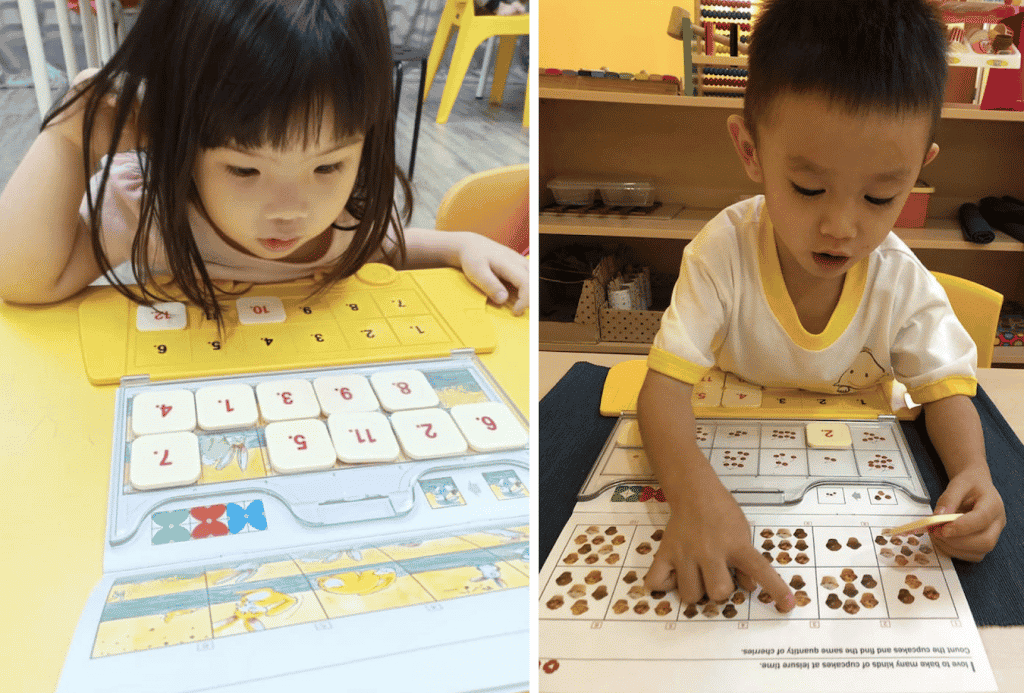
Combining learning themes with tools such as game boards makes it easier for children to learn.
Gallery
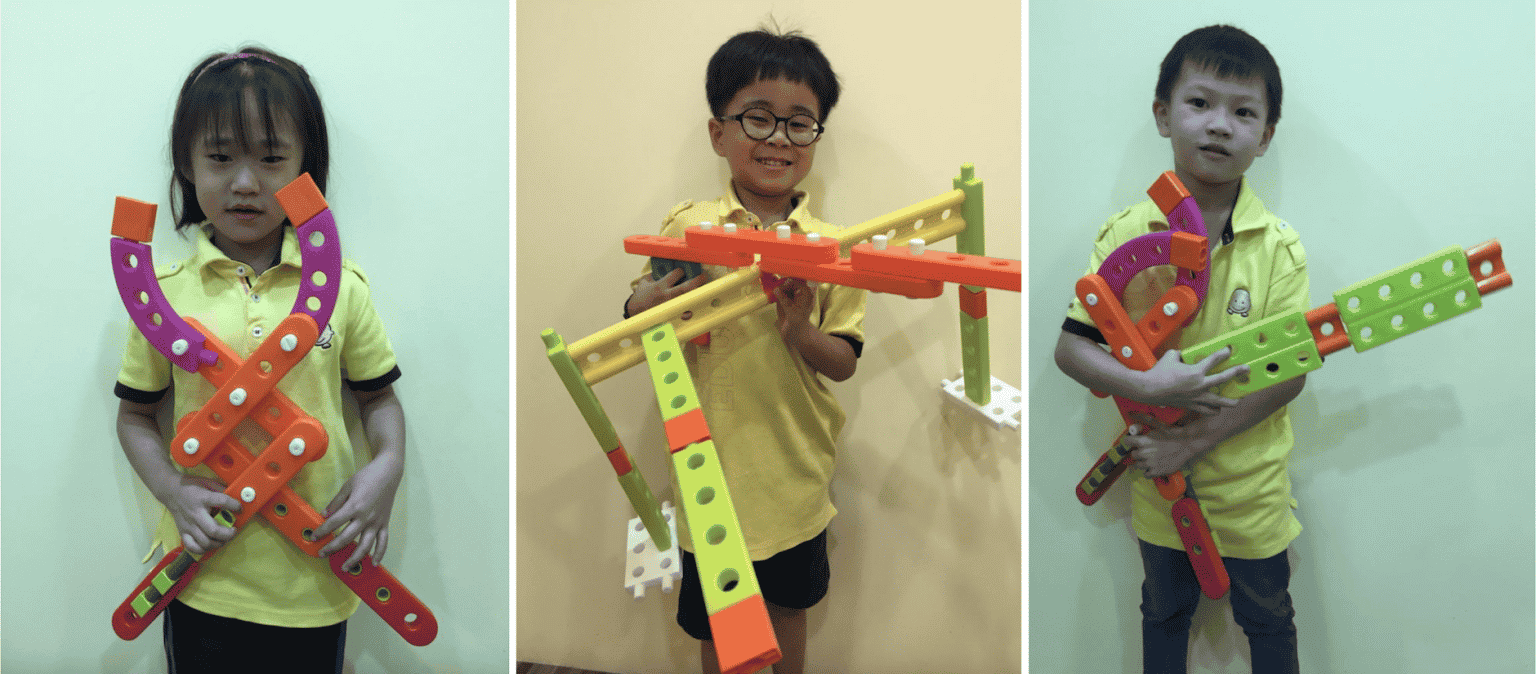
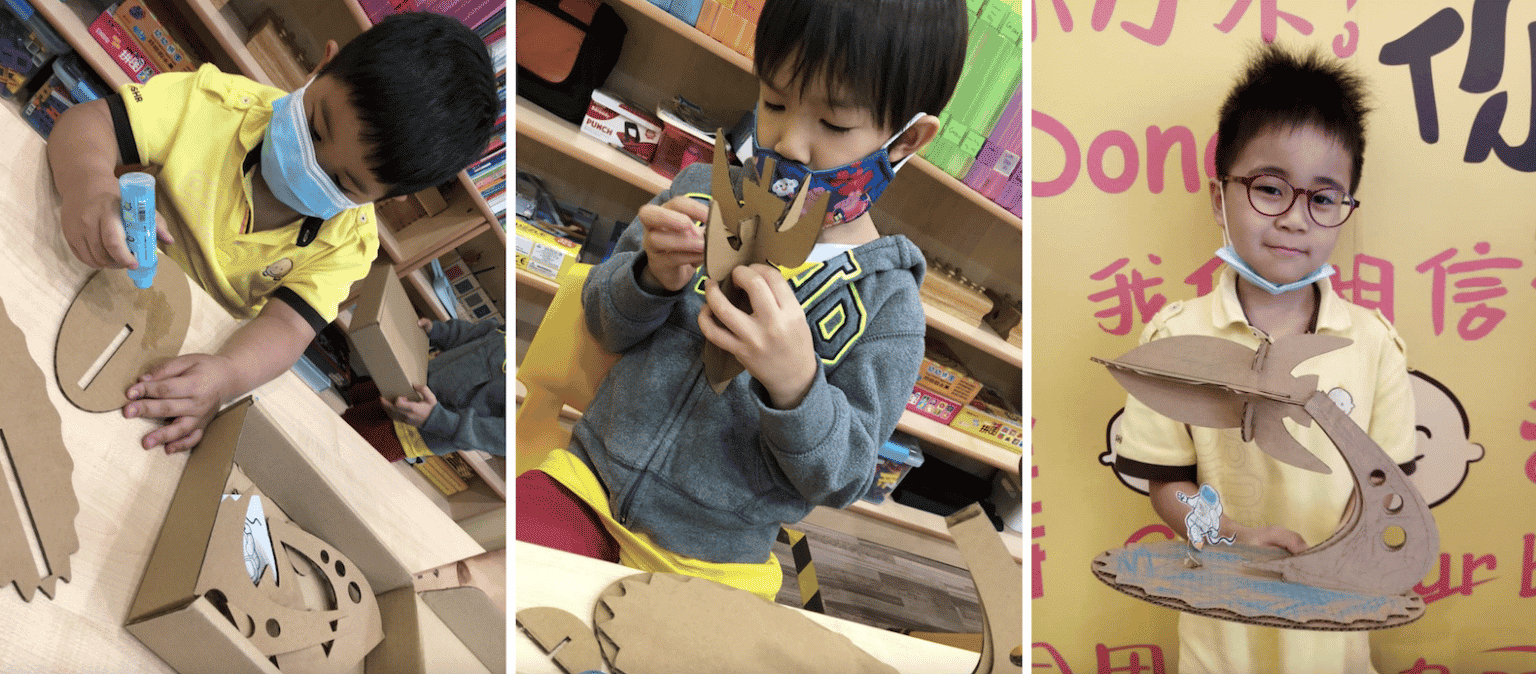
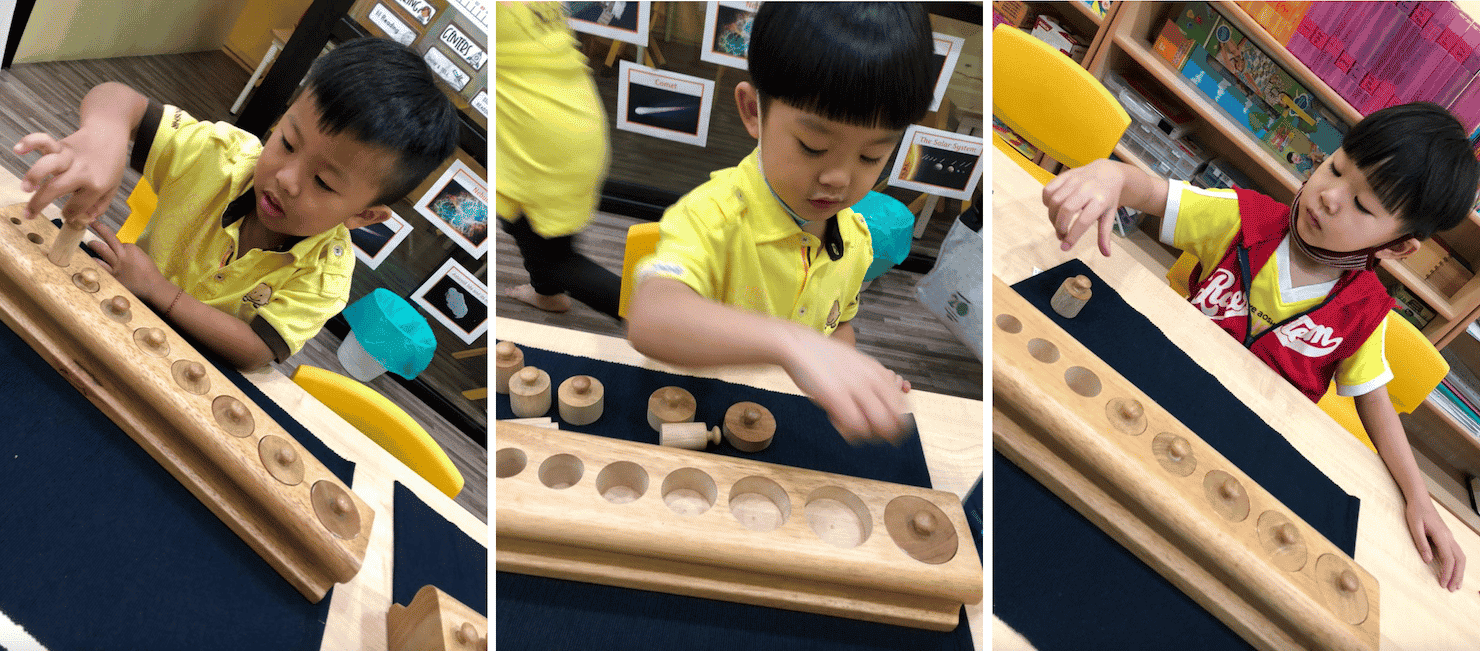
Art Craft Project For Children
